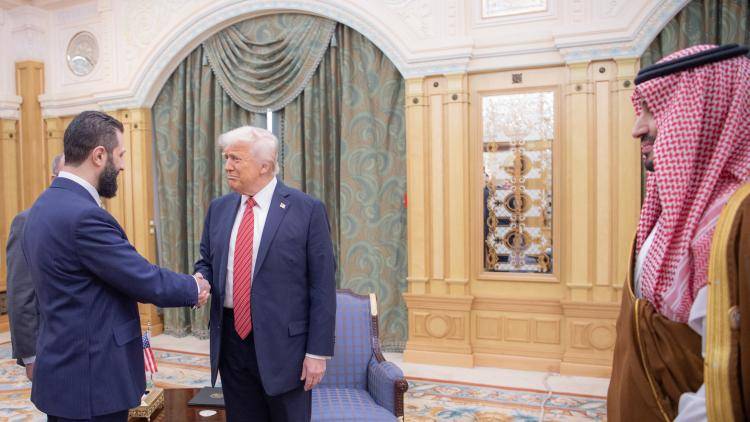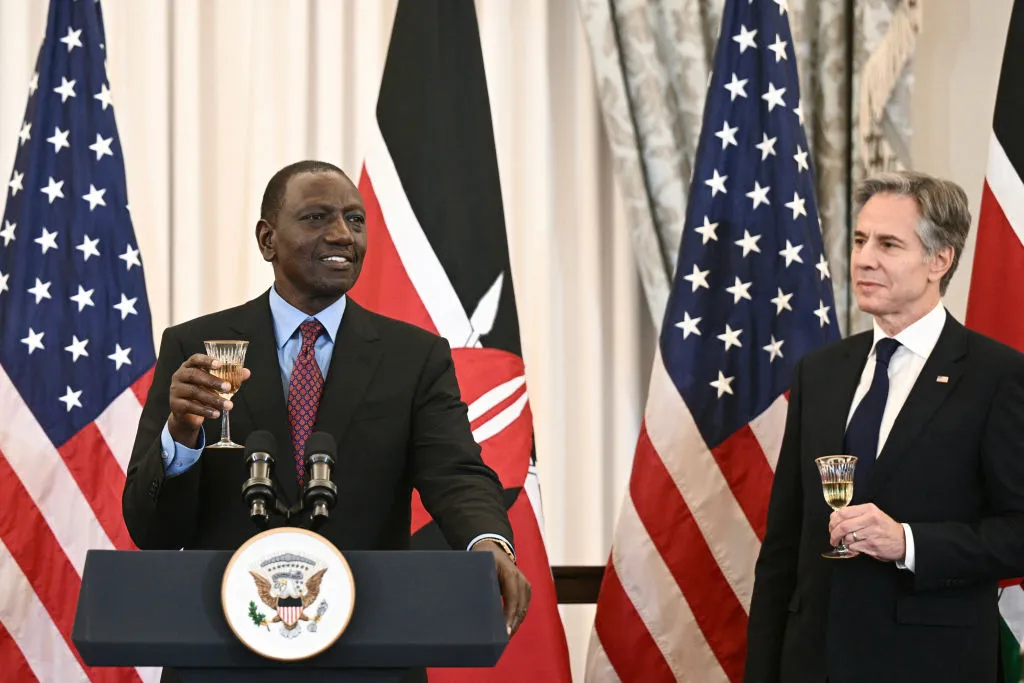
Brief Summary
- Elon Musk’s Role: Elon Musk met with Iran’s U.N. Ambassador to discuss defusing tensions between Iran and the U.S.
- US-Iran Relations: This meeting signals a possible shift in U.S.-Iran diplomacy, despite past conflicts, including Trump’s hardline stance.
- Trump’s Middle East Strategy: The New U.S. Government has closer ties with Israel; potential tensions with Iran could influence global diplomatic dynamics.
- Impact on Kenya: Kenya, already navigating complex regional alliances, faces potential changes in U.S. foreign policies under Trump’s second term.
The Rising Tensions in the Middle East
As Israel continues its war with Iranian-backed militias, including Hamas and Hezbollah, the geopolitical landscape in the Middle East has entered a new phase.
A notable development in this shifting dynamic is the meeting between Elon Musk, a key adviser to President-elect Donald Trump, and Iran’s Ambassador to the U.N., Amir Saeid Iravani.
The discussion, which reportedly lasted over an hour, centered on ways to de-escalate tensions between Iran and the U.S., despite the stormy relationship between these nations.
Musk’s involvement is significant, as he holds substantial influence in Trump’s transition team. In addition to his prominent role in advising on national security issues, Musk has been instrumental in shaping U.S. foreign policy, especially in the wake of the October 7 Hamas attack on Israel.
As part of his transition duties, Musk has been helping strategize approaches to the Middle East, likely intensifying the alliance between Israel and the U.S. under Trump’s leadership.
US-Iran Relations: A Potential Shift in Diplomatic Strategy
The new U.S. Government’s stance on Iran, particularly its withdrawal from the 2015 nuclear deal under Trump and its subsequent imposition of harsh sanctions, has been one of the most contentious aspects of U.S. foreign policy.
Yet, in light of recent developments, there seems to be an unexpected opportunity for renewed dialogue. Iranian officials have indicated a willingness to explore negotiations, suggesting that while the hardline rhetoric persists.
Tehran may seek a deal under Trump’s leadership, especially given the U.S. president’s affinity for making high-profile agreements.
Iran’s hesitation to engage directly with U.S. officials could make Musk’s involvement an advantageous diplomatic workaround.
While Trump has historically maintained a confrontational approach toward Iran, analysts suggest that Musk may offer a unique intermediary role, helping to thaw the icy relations without direct involvement from Washington.
This is especially notable given Musk’s growing influence as both a businessman and presidential adviser, with roles extending into government efficiency initiatives.
Especially, including co-leading the new “Department of Government Efficiency” alongside Vivek Ramaswamy.
Trump’s Administration
Trump’s incoming second term promises to solidify a more aligned policy with Israel’s far-right government, possibly sidelining traditional diplomatic channels in favor of more aggressive tactics.
While this may encourage Israel’s military operations against Iran-backed groups in the region, it also risks escalating tensions that could have broader global repercussions.
For Kenya, a nation with strategic interests in both the Middle East and the U.S., these developments are crucial. The shift in U.S. foreign policy towards stronger support for Israel, coupled with growing tensions with Iran, could complicate Kenya’s diplomatic efforts, particularly regarding its Middle Eastern relations.
While Kenya seeks to maintain positive relations with both the U.S. and Iran, it will need to carefully navigate these tensions to safeguard its interests, particularly in trade, security cooperation, and counterterrorism efforts.
Implications for Kenya

Kenya, already walking a fine line between competing global powers, faces the potential fallout from a more polarized U.S. foreign policy.
With a new administration under Trump looking to deepen its commitment to Israel, the effects on Kenyan diplomacy could be significant, especially in terms of Middle Eastern alliances and trade partnerships.
Nairobi’s ability to maintain neutrality while pursuing its strategic interests will likely be tested in the coming years as the U.S. takes a more assertive role in global politics.
The complexities of U.S.-Iran relations will also affect Kenya’s approach to regional security. With both the U.S. and Iran maintaining substantial influence in East Africa, Kenya’s ability to balance relationships with these powers will be more critical than ever.
The shift in U.S. policies, particularly under Trump’s leadership, could alter the dynamics of Kenya’s diplomatic efforts in the region.
Navigating the Storm Ahead
In summary, Elon Musk’s pivotal role in U.S. diplomacy, particularly in the context of the Middle East, is shaping the future of international relations under new U.S. Government.
As tensions between Israel and Iran continue to escalate, the potential for shifting alliances, especially in the Middle East, could have far-reaching consequences for Kenya.
Nairobi must carefully manage its foreign policy, balancing relationships with global powers while adapting to the evolving geopolitical landscape.







